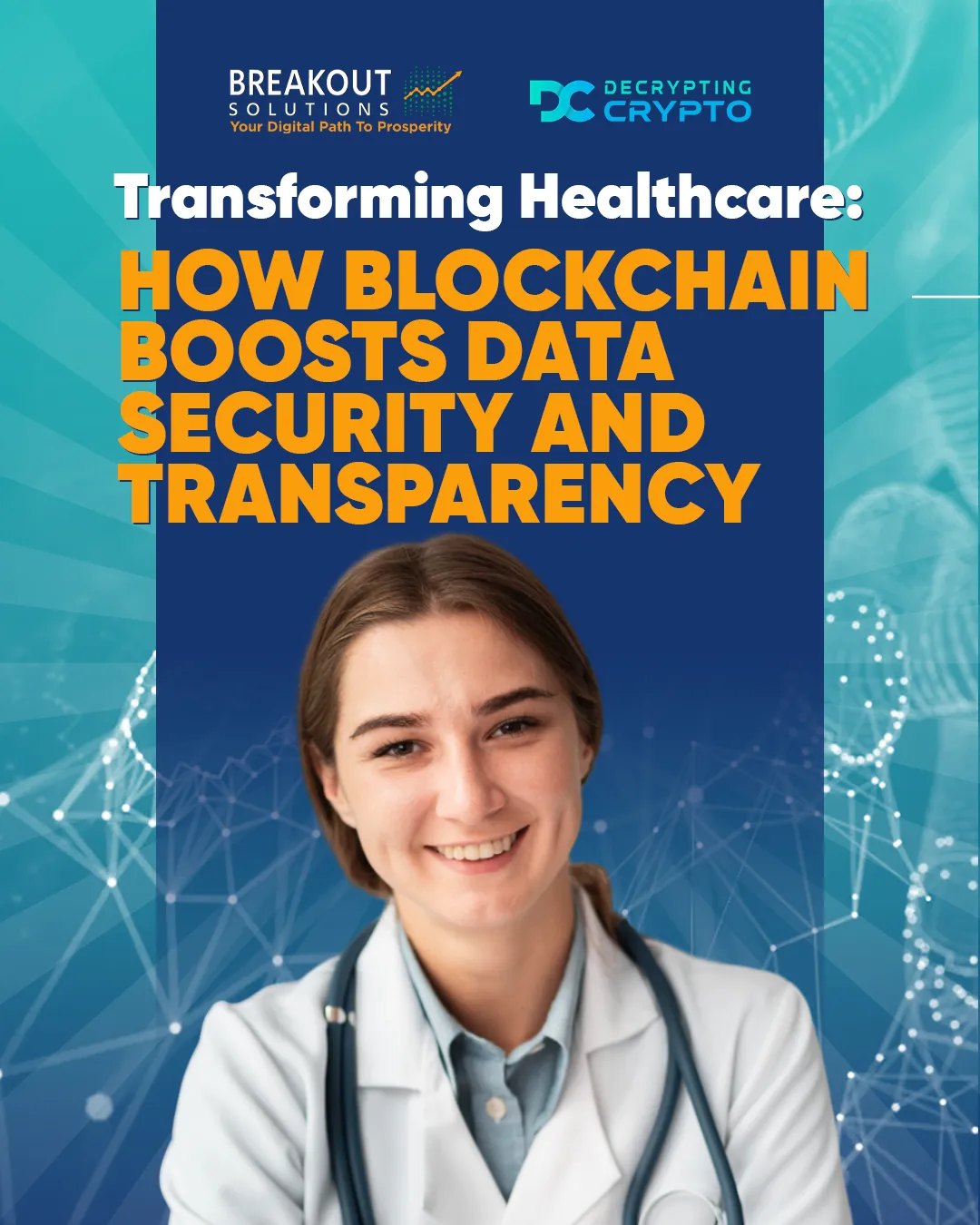Transforming Healthcare: How Blockchain Boosts Data Security and Transparency
Author: JR Foronda

In the world of healthcare, where every bit of information is crucial and must be kept confidential, blockchain technology is stepping in as a game-changer. It’s not just a tool for digital currencies but is now helping keep our medical information safe and sound. Today, we’re diving into how blockchain is making healthcare more secure and transparent, ensuring that patient data is protected and medical supply chains are clear and reliable.
What is Blockchain?
Think of blockchain as a digital ledger that is very secure and transparent. Once information is added to this ledger, it can't be changed or deleted, making it exceptionally trustworthy. This feature is especially important in healthcare, where keeping accurate, unalterable records is crucial for patient care and privacy.
Securing Patient Data
One of the biggest concerns in healthcare is keeping patient information private and secure. Blockchain comes into play by creating a secure environment for storing patient medical records. When a patient’s data is recorded on a blockchain, it is encrypted and broken up into many pieces, making it nearly impossible for hackers to access or corrupt it.
Benefits in Data Security:
- Encryption and Privacy: Blockchain encrypts data, which means it converts the information into a secure code. This protects the privacy of patient information, as only people with permission can decode it.
- Immutable Records: Once patient data is recorded on a blockchain, it cannot be altered or tampered with. This permanence ensures that medical histories are accurate and unchanged over time.
Enhancing Supply Chain Transparency
Besides securing data, blockchain is also transforming how medical supplies are tracked from manufacturer to patient. This is crucial because it ensures that the medications and medical devices used by healthcare professionals are safe and come from reliable sources.
Benefits in Supply Chain Transparency:
- Tracking and Verification: Blockchain can track each step of the supply chain. This means that hospitals can see exactly where their drugs or medical equipment come from, ensuring that these items are not counterfeit.
- Efficiency and Reduction in Errors: By using blockchain, hospitals and pharmacies can streamline their processes, reduce errors, and ensure that supplies reach the right place at the right time. This not only saves money but also improves patient care by preventing delays in treatment.
Real-World Applications
Around the world, hospitals and healthcare providers are beginning to implement blockchain technology. For example, some hospitals use blockchain to securely share medical records between doctors, ensuring that regardless of where a patient is treated, their health information is accessible and up-to-date. Meanwhile, other health organizations use blockchain to monitor the distribution of vaccines, ensuring that these critical supplies are stored correctly and remain uncontaminated.
Conclusion
Blockchain is proving to be a powerful tool in healthcare, capable of protecting sensitive patient data and making medical supply chains transparent and efficient. As this technology continues to evolve, it will play a significant role in shaping the future of healthcare, making it safer, more reliable, and ready to meet the challenges of the 21st century.
Embracing blockchain technology in healthcare means stepping into a future where data is secure, operations are transparent, and patient care is enhanced. It’s an exciting development that promises to revolutionize the way we think about medical information and health service delivery.

